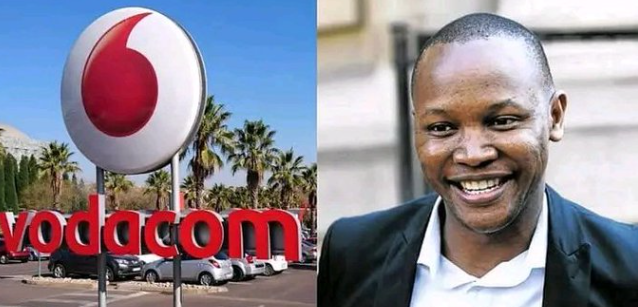By Motshabi Hoaeane
The use of hybrid energy technology and localized microgrid solutions can significantly accelerate South Africa’s transition to a more affordable and inclusive energy economy, according to a wealth of research and studies carried out by Tshwane Energy Summit leaders and think tanks at the Tshwane Energy Summit on June 13. The event hosted at the Council for Scientific and Industrial Research (CSIR) ICC themed “energy as a catalyst for economic development powering a sustainable future together ” highlighted the possibility that local governments will be able to find ways to lessen their dependence on the central grid, increase local job development, and enhance energy availability & security in under-served areas like townships and informal settlements through innovative electrical solutions, systematic adaptations, and collaborations between public and private players in the energy sector.
Speaking to Ekurhuleni News, Tshwane Energy Development Agency (TEDA) CEO Lardo Stander explained that the energy summit -now in its second installment – was a way for the agency to communicate to its stakeholders, allay their fears of energy security, and provide feedback on how energy resilience is being prioritised. “We are attending to the energy crisis and challenge of our time.This important because electricity is a catalyst for economic growth – even in the township where people have been conditionally left behind & excluded from the economy because of lack of stable & secure energy supply. This includes bringing onboard independent power producers in order for us to mitigate the ever rising cost of electricity.”
“It’s incumbent on local governments to understand exactly what is available to them and importantly how the private sector can assist them in offering a power mix that speaks to clean, environmentally friendly, and affordable, and is available when it is most needed.” He said.
Plans towards a successful just energy transition (JET) from South Africa’s administrative capital city and moves to roll out of its objectives to provide an additional 1000 MW of power, as well as how it utilises its dormant assets such as the Rooikraal & Pretoria West power station will be exemplary for municipalities an metros across the country, as 2050 mission evolves from coal to a low carbon economy.
Agile municipalities, better electrical service for customers
South African Local Government Association (SALGA), Head of Electricity and Energy Nhlanhla Ngidi in addressing the sitting revealed that a pathway approach of reform for the modernisation of municipalities – through improved operational models and would be implemented by SALGA to assist municipalities that require improvement to recover against declining revenue of electricity.
He mentioned that COVID and load shedding have had a negative impact on the confidence of customers on electrical utilities, however, that this could be overcome through voluntary and involuntary contracting. He explained that the pathway approach will include national assessment of all electrical utilities, where investment would be placed to metros and local municipalities to ensure recovery and incentivised by investments from the National Treasury that would ensure their recovery. “We have to move with the change while we are trying to fix the systematic socio-economic issue we find ourselves having to grapple with.” Ngidi said









